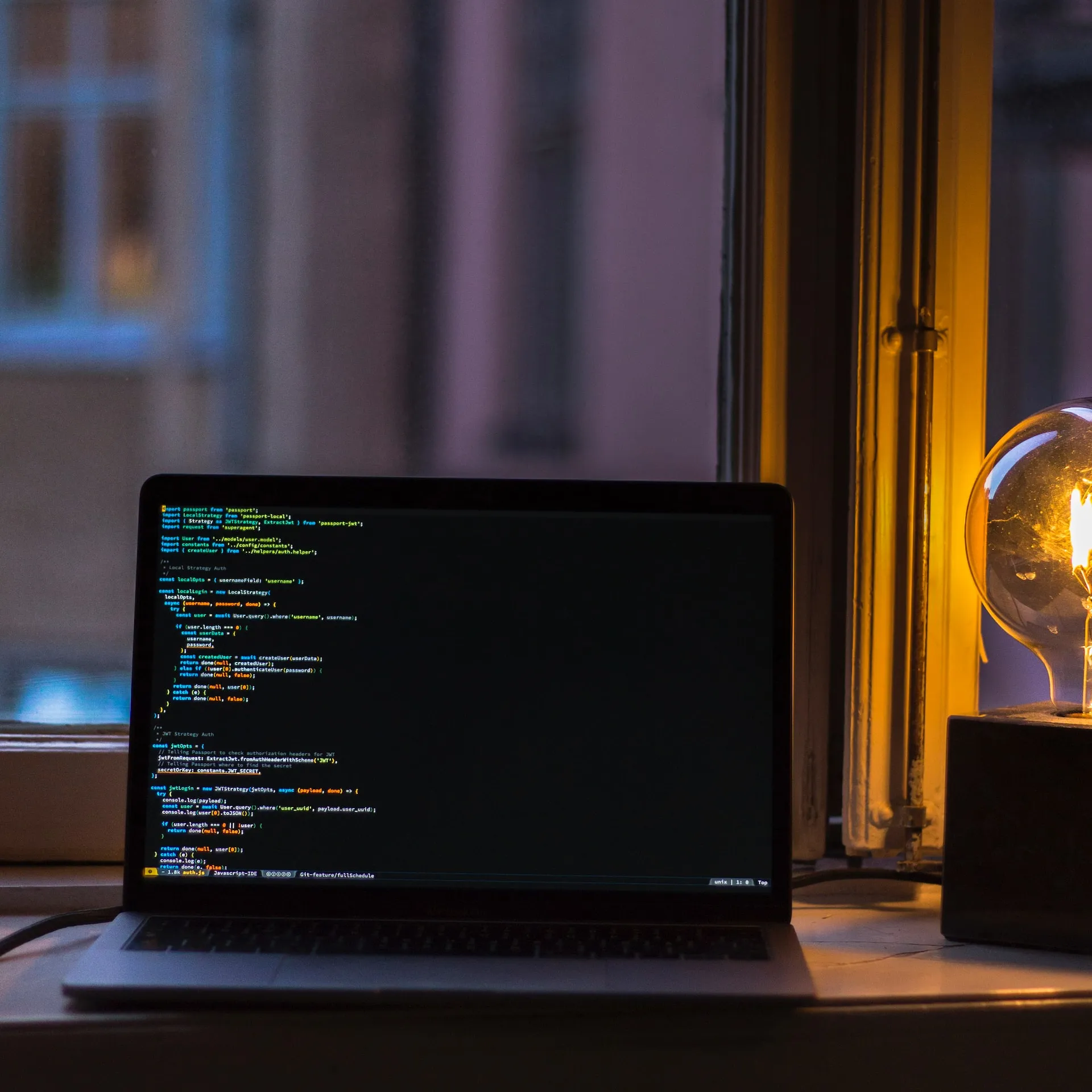Which laptop to choose for school / university, and which to choose for a development job?
Which laptop to choose depends on a number of factors, like your budget, open source ethics, choice of operating system and what kind of development software you use. Although these factors are important to consider, in general, most programming related activities, are low on resource intensiveness and would therefore not require great amounts of processing power. The exceptions to this rule would be using or creating cpu / gpu heavy software like games, 3D or managing wast amounts of data.
In This Article
Choice of operating system
There are three main contenders when it comes to choosing an operating system for a development laptop: Windows, Mac OSX and Linux. The choice of operating system will depend on what type of laptop you buy. Although it´s possible to run Mac OSX on a non Apple device, I would not recommend it based on lack of stability and support. The legality of it is also questionable.
Linux is a good choice for most software development, unless you require proprietary software, in which case you are probably out of luck. It is therefore important to identify your use cases (choice of development software, etc ...) and the requirements from your school or place of work.
In my experience, many universities require you to run proprietary software on your computer - which locks down your system - when taking exams in order to prevent you from cheating. I had to learn this the hard way when I was running Arch Linux on my laptop hehe.
The Linux ecosystem is wast, and there are many different distributions or variations of Linux to choose from. I would personally recommend Ubuntu for the beginner, and Arch Linux for the more intermediate Linux user. You can read more about my experience with different Linux distributions in my article on my Linux journey.
Best Budget-Friendly Laptops for Developers
The ThinkPad line of laptops where originally developed by IBM before being bought by Lenovo. Lenovo has thus far been true to the laptops origins and still develop good quality ThinkPads fit for development.
The ThinkPad is very convenient for developers as it´s known to be reliable. It has a true and time tested design, with an alright keyboard. The Lenovo line of computers run Windows by default, but Linux support is also great.
ThinkPads are also more affordable than the other contenders, offering latest models to as low as $800 dollars. Even the lower priced models have good specs. Although, if you´re looking for an even greater deal, you can find previous models to half the price, or lower.
Other alternatives that are similar to the Lenovo Thinkpad are the Dell XPS and Asus ZenBook.
Best High-End Laptops for Developers
I use a MacBook pro 14 inch for work, as its small form factor makes it convenient. It fits nicely in a small backpack which is something I value. The MacBook Pro also packs quite a lot of power, which is nice if the need for running more demanding software comes down the line. On top of this, the MacBook has a great battery life which is especially useful when having to use your computer for long lectures. Mac OSX supports most of the same development software that Windows and Linux does.
As Mac OSX is based on Unix, just like Linux is, it´s easy to transfer terminal based knowledge between the two systems. Apple´s ecosystem makes it seamless to pair a mac with an iPhone, although it might be a turnoff for some to have to buy into the Apple ecosystem.
Note: Earlier MacBooks ran on the intel core processors. Although these computers still pack a punch, they are prone to overheating. The new and custom Apple m1 and later chips deliver the perfect balance between performance, power efficiency and coolness.
Best Linux Laptops for Privacy and Security
Both these vendors offer Linux based laptops in different performance brackets. System 76 offers laptops running either Pop!_OS or Ubuntu. They offer systems with great performance, although the form factor and weight is bigger than that of a MacBook.
Purism, at the time of writing, offers the Librem 14 laptop, which they claim to be the first 14 inch laptop to protect your digital life. It is ultra portable, and designed from the ground up to be privacy, secure, and freedom respecting. Purism also offers the privacy respecting Librem 5 phone, with an alternative version being manufactured in the USA.
Comparison Table
| Feature | Lenovo ThinkPad | MacBook Pro / Air | System 76 / Purism |
|---|---|---|---|
| Price | Budget-friendly | Premium | Mid-to-high range |
| Operating System | Windows (Linux support) | macOS | Linux |
| Best for | Reliability and affordability | Seamless user experience | Privacy and security |
Frequently Asked Questions (FAQ)
Q: What is the most important factor to consider when choosing a laptop for coding?
A: The most important factor is your individual needs and preferences. Consider your budget, preferred operating system, and the type of development you´ll be doing.
Q: Can I use a gaming laptop for coding?
A: Yes, you can use a gaming laptop for coding. However, they are often more expensive and may not be as portable as other options.
Q: How much RAM do I need for coding?
A: For most coding tasks, 8GB of RAM is sufficient. However, if you´re working with large datasets or running virtual machines, you may want to consider 16GB or more.
Conclusion
Choosing the best laptop for coding comes down to your individual needs and preferences. If you value affordability and reliability, a Lenovo ThinkPad is a great choice. If you prefer a seamless user experience and don´t mind paying a premium, a MacBook Pro or Air is a great option. And if you´re a Linux enthusiast who values privacy and security, System 76 and Purism offer some compelling choices.
